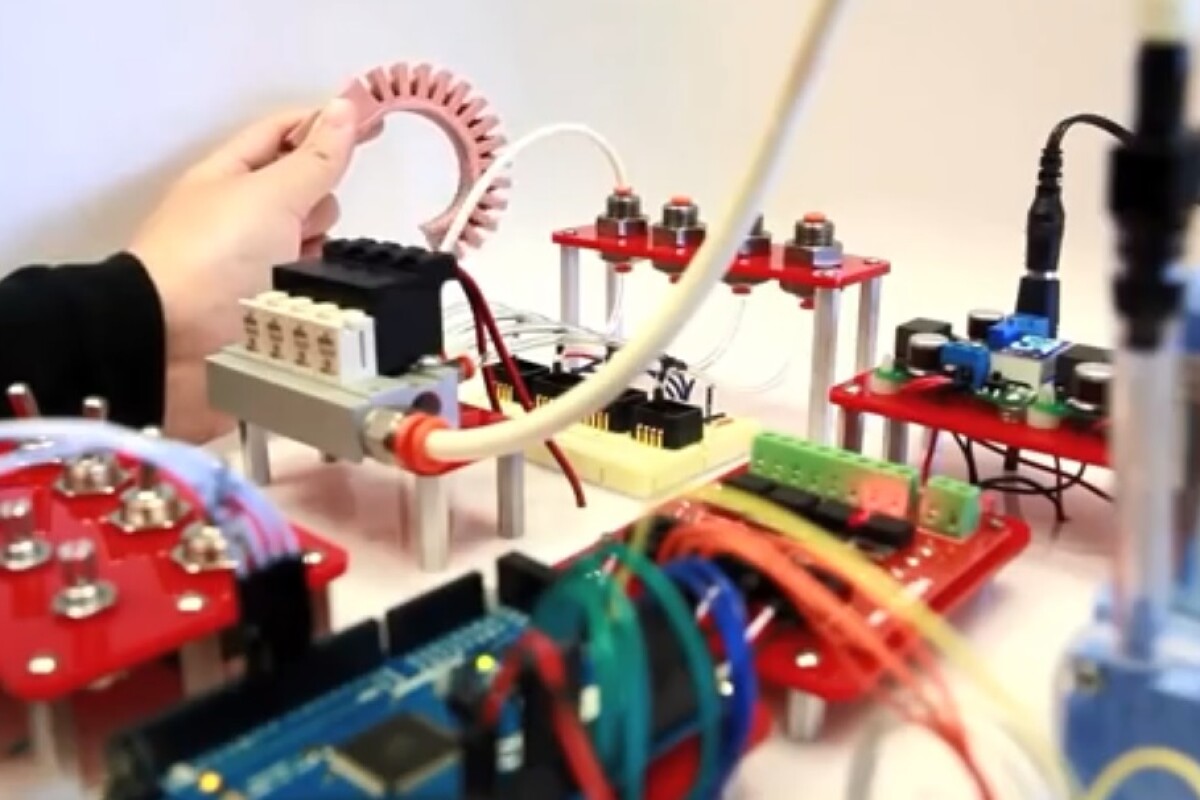Harvard University labs, working in collaboration with Trinity College Dublin, are offering a comprehensive online toolkit to help in the design, creation, and control of soft robots made from flexible materials. Aimed at skilled and novice researchers alike, the Soft Robotics Toolkit provides a veritable cornucopia of downloadable, open-source plans, step-by-step tutorial videos, and real world studies for users to apply to their own soft robot project.
With soft robotics becoming the new must-have technology for robotics researchers, the Harvard and Trinity teams’ online resource aims to allow users to exploit the new era of low-cost 3D printers, laser cutters, and other small-scale manufacturing technologies. By extrapolating principles developed in orthodox rigid robot design to soft robot construction, the new toolkit is focused on demonstrating ways of working with flexible materials to help researchers produce soft robots for a range of applications.
"The goal of the toolkit is to advance the field of soft robotics by allowing designers and researchers to build upon each other’s work," said Conor Walsh, Assistant Professor at the Harvard School of Engineering and Applied Sciences (SEAS).
The philosophy behind this sharing in design is to inspire the creation of new kinds of soft devices, tools, and approaches to help improve prototyping and fabrication techniques on a larger scale. According to Professor Walsh, this type of knowledge-sharing arrangement is also particularly suited to soft robotics as many of the necessary components, like valves, microcontrollers, and other devices, are mostly transposable between soft robot systems.
"One thing we’ve seen in design courses is that students greatly benefit from access to more experienced peers – say, postdocs (postdoctoral research students) in a research lab – who can guide them through their work," Said Dónal Holland, one of the lead developers of the toolkit. "But scaling that up is difficult; you quickly run out of time and people. The toolkit is designed to capture the expertise and make it easily accessible to students."
The use of open-source software has resulted in more open and accessible in-roads into computer software use and innovation. Likewise, the researchers believe that open-design hardware systems, in concert with improvements in computer-aided engineering and more available prototyping proficiencies, improve the potential to nurture cooperation on common projects involving mechanical engineering.
"Open design can have as disruptive an influence on technology development in this century as open source did in the last," said Gareth J. Bennett, assistant professor at Trinity College Dublin and co-author of a paper that describes the toolkit development.
Having looked at the Soft Robotics Toolkit website, there are a range of tabs that cover such things as actuators, sensors, control, and case studies which, when clicked upon, take you through to sub-categories. In these sub-categories, selecting the types of devices listed provides pictures, explanations, and a bibliography of reference resources.
All-in-all, it appears to be as it says; a storehouse of information for someone wishing to find information on soft robotics from researchers around the world. The site also calls for further and on-going submissions to its knowledge bank so that the Soft Robotics Toolkit can grow and improve as part of a larger flexible robot research community resource.
The video below shows some of the processes described in the toolkit.
Source: Harvard University




